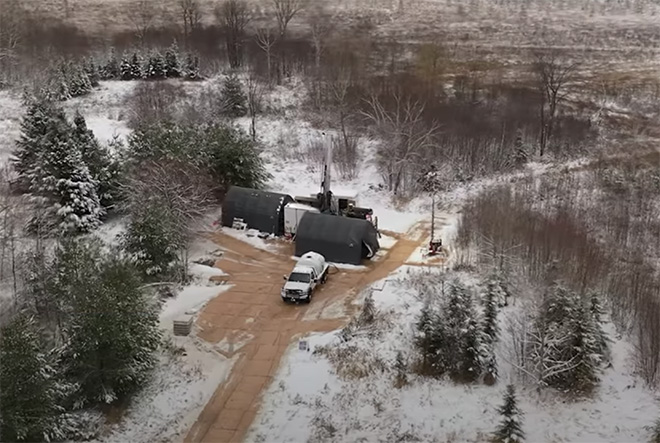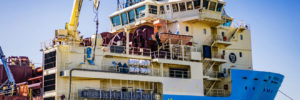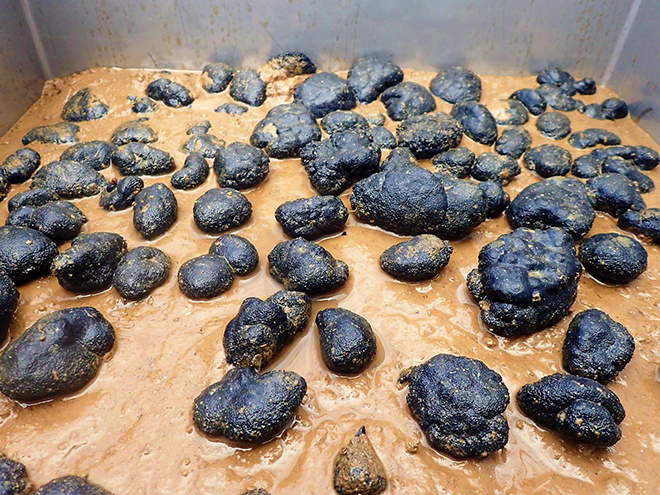Talon Nickel, a US subsidiary of Canada-based Talon Metals (TSX: TLO), has secured an agreement with Tesla to supply nickel concentrate from its Tamarack Nickel Project, a joint venture with mining giant Rio Tinto, in Aitkin County, Minnesota.
Under the terms of the agreement, Tesla has committed to purchase 75,000 metric tons (165 million lbs) of nickel concentrate over 6 years, and has a preferential right to negotiate for the purchase of more.
Talon aims to achieve commercial production at the site by 2026.
Talon and Tesla also hope to extract valuable by-products, such as iron and cobalt, from the nickel concentrate. It’s not clear where Tesla will refine the nickel concentrate—there is currently no nickel refinery in the US.
Nickel is a key raw material for cathodes, and in 2020, Elon Musk appealed to the mining industry to produce more nickel “in an environmentally sensitive way.” He also noted that almost no nickel was being produced in the US, a state of affairs that he called “objectively very lame.”

Tesla has signed deals with producer BHP to procure nickel from Australia, and from New Caledonia. Indonesia is the world’s largest nickel producer, but mines there tend to employ energy-intensive technology and harmful waste disposal practices.
Talon Metals aims to extract nickel with a minimal environmental footprint. It plans to test a new technology that will remove carbon dioxide from the atmosphere and chemically bind it with mining waste. If the process is successful, Talon could conceivably market its nickel as carbon-neutral.
“This agreement is the start of an innovative partnership between Tesla and Talon for the responsible production of battery materials directly from the mine to the battery cathode,” said Talon CEO Henri van Rooyen. “Talon is committed to meeting the highest standards of responsible production that is fully traceable and that has the lowest embedded CO2 footprint in the industry.”
“The Talon team has taken an innovative approach to the discovery, development and production of battery materials, including to permanently store carbon as part of mine operations and the investigation of the novel extraction of battery materials,” said Drew Baglino, SVP of Powertrain and Energy Engineering at Tesla. “Responsible sourcing of battery materials has long been a focus for Tesla, and this project has the promise to accelerate the production of sustainable energy products in North America.”
Source: Talon Metals, Reuters
Source: Electric Vehicles Magazine





